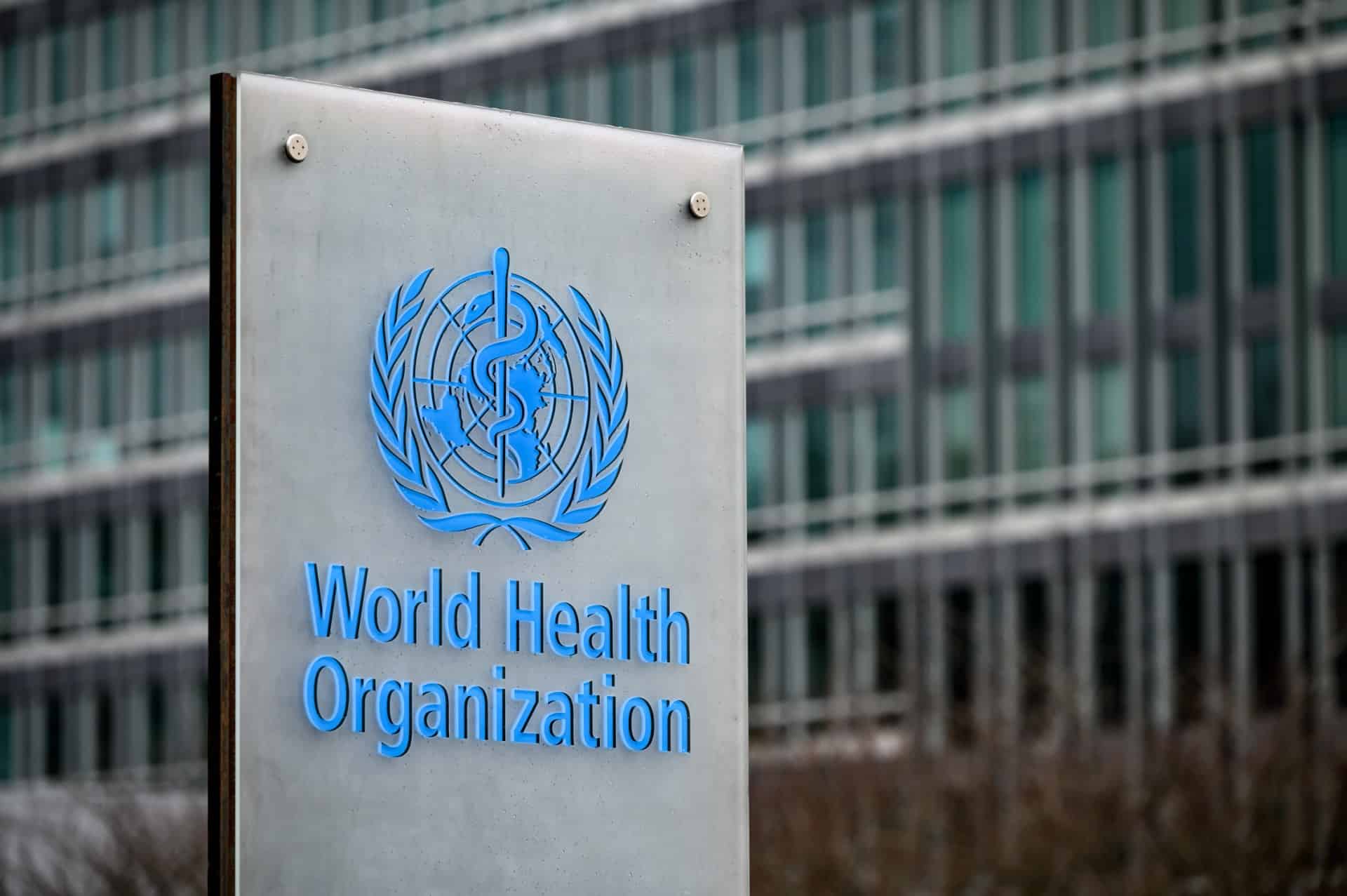NEW YORK, US – Governments agreed on a way forward to update disease outbreak regulations ahead of meetings to draft new global guidelines for tackling pandemics, the World Health Organization (WHO) said.
According to United Nations News Center, the two processes are complementary.
They are guided by the need of making the world safer from communicable diseases and ensuring equitable responses to public health threats, said Ashley Bloomfield, former Director-General of Health of New Zealand, who co-chairs the working group on updating the 2005 WHO International Health Regulations.
“Efforts are on to update the International Health Regulations and draft a pandemic accord to share a number of common themes, including the importance of equity in access to health, collaboration, and capacity building,” he said.
“It is important that there is consistency and alignment across the two processes,” he added.
A total of 307 amendments to the WHO International Health Regulations came in response to challenges posed by the COVID-19 pandemic.
“COVID-19 showed us that having a good, strong set of international health regulations is essential and showed where the current regulations need to be improved,” Bloomfield said.
During the week-long working group session, he said governments had focused on making their countries, and the international community, better prepared for future emergencies.
They also stressed enhancing capacity building, especially in low-income countries; access to benefits arising from sharing pathogens; equitable access to medical countermeasures; and improved cooperation and information sharing.

